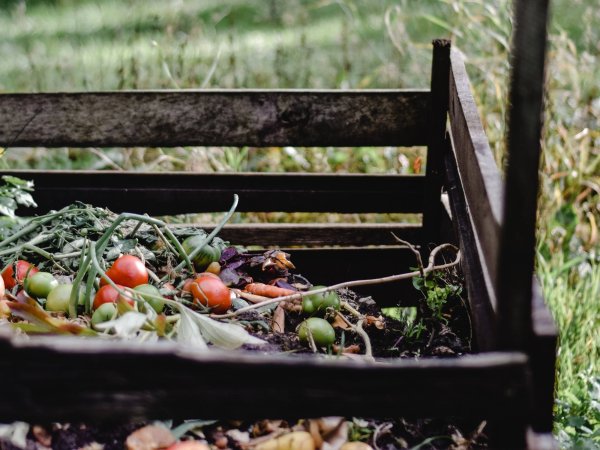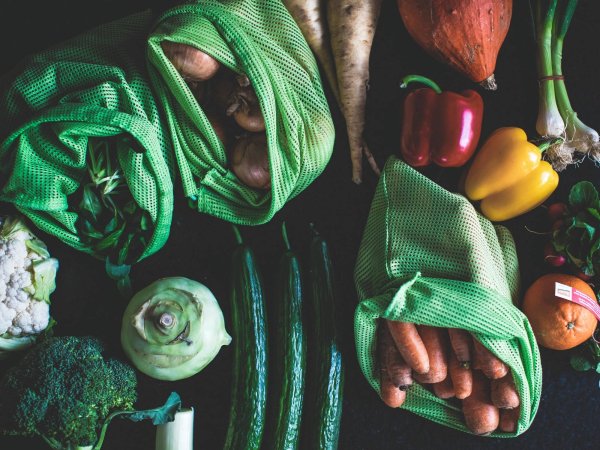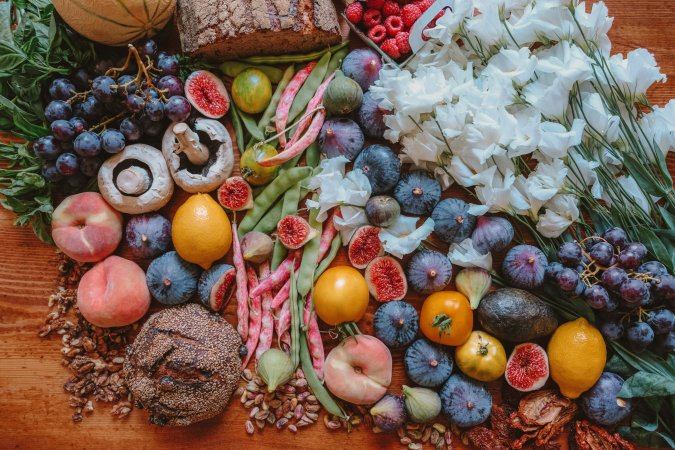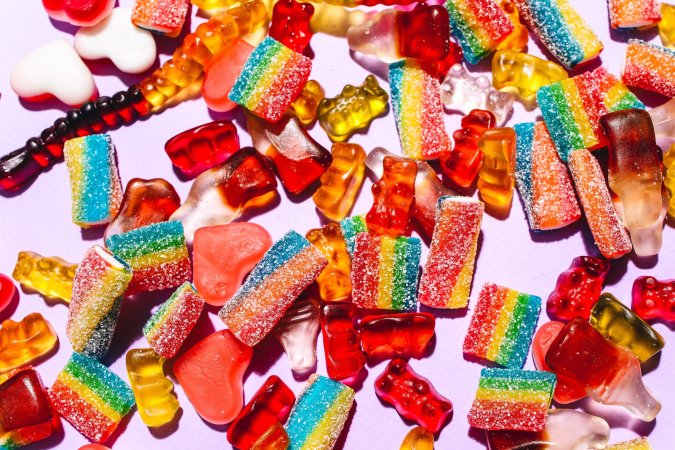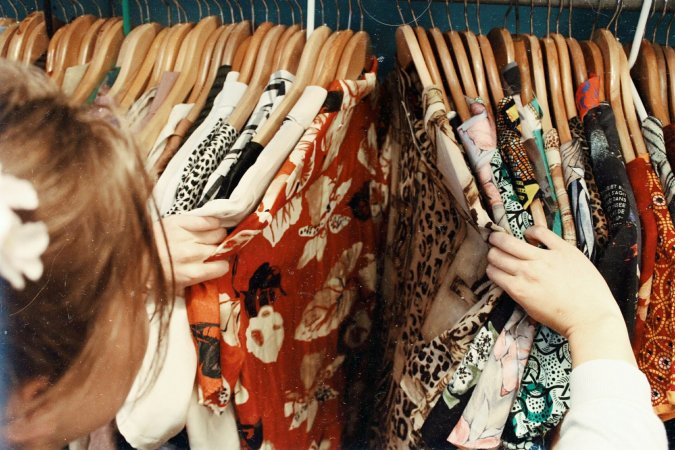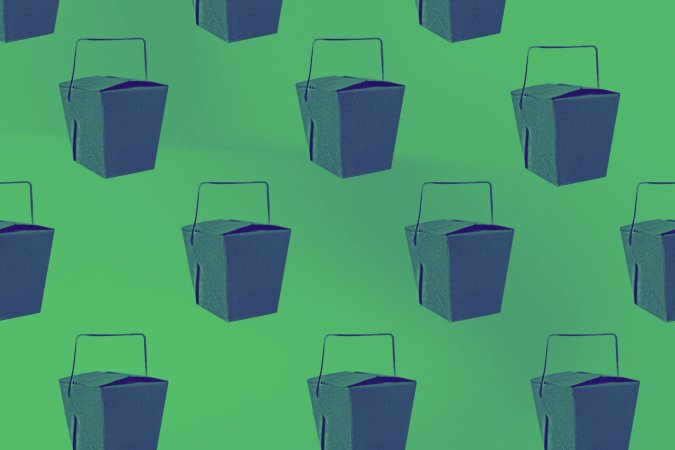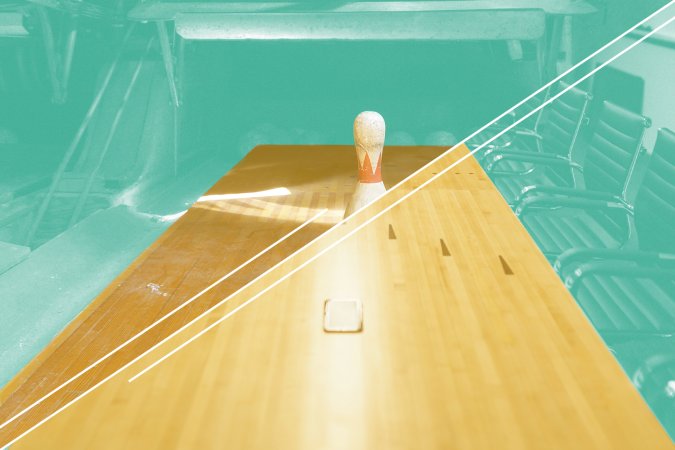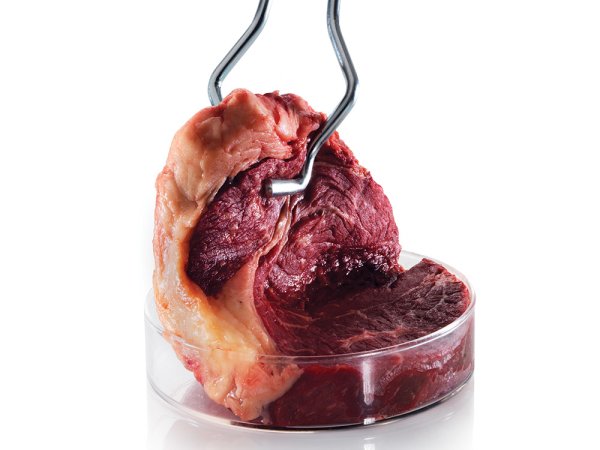

As our awareness of how much plastic we waste increases, the desire for low-waste products grows, especially in the form of plastic-free stores, like Precycle in Brooklyn. The internet is littered with videos and articles about people who have started their low waste, or waste-free journey in hopes of mitigating excessive waste into landfills or contributing to the islands of trash piles out in the ocean.
And there are some really great suggestions for lower waste swaps like reusable straws, fabric face wipes, and items like diapers that can be thrown into a washing machine instead of simply disposed of. But swaps can be misleading—like the switch to using cloth bags over plastic bags, which has proven to be less sustainable than previously thought.
Apart from the information gaps, going package-free can be a hefty investment for some households. Families and individuals with disposable income can more easily afford the hundreds of dollars that it may take during the initial switch from affordable to reusable than others. There’s often speculation online if inclusivity and budget consciousness can be a part of sustainably going package-free.
Maranda Miller is the founder of EcoBronx, a popup waste-free shop in the borough to serve several communities that are often left out of what she feels are the mainstream environmental conversations. She understands firsthand the need for an intersectional approach to package-free shops so that they can become accessible to different income levels—something that became even more apparent during the COVID-19 pandemic.
Miller sometimes travels over an hour away from her home in the Fordham Road area to find waste-free stores that sell bulk cleaning items. That became impossible for her to do last spring when the pandemic shut down the city.
[Related: We’ve wasted so much plastic, it’s almost impossible to picture—these charts will help.]
“I’d go [shopping] once a month, it was like our family adventure trip … I would stock up for a whole month because literally there isn’t anything here in the Bronx right now,” Miller explained. And while these adventures finding low-packaging, low waste, and bulk products saved her family money over time, it also required free time and means of transporting a month’s worth of household goods, food, and cleaning products.
This inspired her to source the lowest cost items for her online shop and farmers market pop-up shops.
“I want to pick products that are financially low [cost],” she said. “I don’t want the cost of accessibility to be a barrier for anyone.”
Other stores that focus on waste-free lifestyles are working towards embracing inclusivity. New York City-based Package Free Shop includes more aspirational products like $12 metal tongue scrapers and sandwich bags as part of their inventory, but the shop outlines on their website their goals for lower price points while maintaining the quality of the products offered. The shop has also implemented a payment plan for customers who cannot always afford their entire bill at once.
Earth and Me, a Queens-based shop, partners with mutual aid funds, small businesses, and organizations to ensure that environmental justice is part of their outreach. Beyond just low-waste goods, the shop allows customers to donate plants to encourage others to propagate them for free, check out a free climate library of upcycled books, and get discounts for bringing back candle jars to be reused by local candle company Astoria Candle.
One Canadian couple began their lower waste journey a few years ago and had to go to multiple stores to maintain their lifestyle. They started their own waste-free superstore, Zero Waste Emporium, which spans refillable home goods, groceries, and personal care products.
“Everything we bring into the store, we price check with the three larger grocery stores in town, and we always match their prices or quite typically market a little lower to make sure that anybody could come in,” one of the owners explained.
As well as your traditional paper grocery bag, the store also has a “take a jar, leave a jar” system for patrons who may not own reusable containers but can’t always afford to buy them. The couple encourages potential customers to drop off extra recyclable containers at the store and so the next shopper can use them after a hefty sanitization if need be.
Miller explained that package-free stores could be inclusive by understanding the community’s needs and how to market inclusively. For many areas of the Bronx, which are often made up of working-class people of color who have suffered years of environmental racism and neglect, a brick-and-mortar in a centralized location would be ideal for easy access.
“The more customers I get, the more I can start lowering costs a little bit more,” she said. In the future, she hopes to start a pay it forward program where customers would give the shop a few extra dollars towards another customer’s purchase.
Ultimately, Miller knows that finding a way to go mobile will help her reach even more people who can’t physically or financially make trips outside of the Bronx, inspiring other families like her own to ease into going low waste.
“When I started the journey, I really didn’t see many people of color … but now [there are] tons of influencers that are out there that are doing it well,” she said. “My hope with EcoBronx is to shine that inclusivity.”
